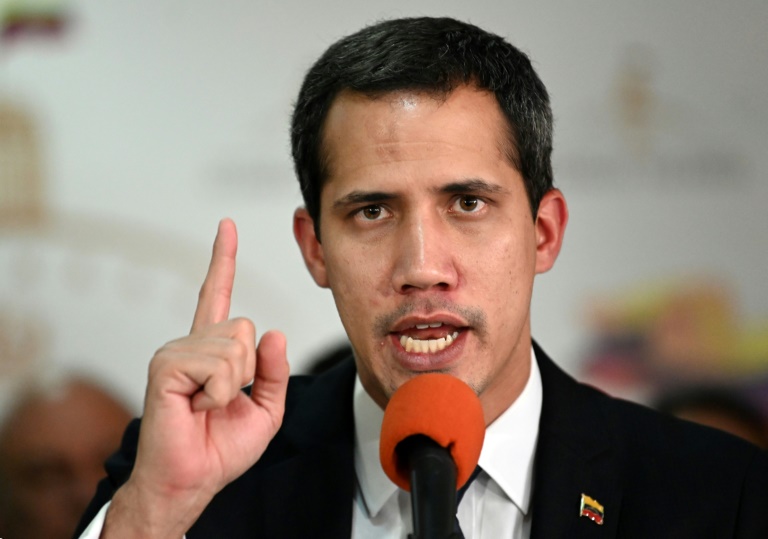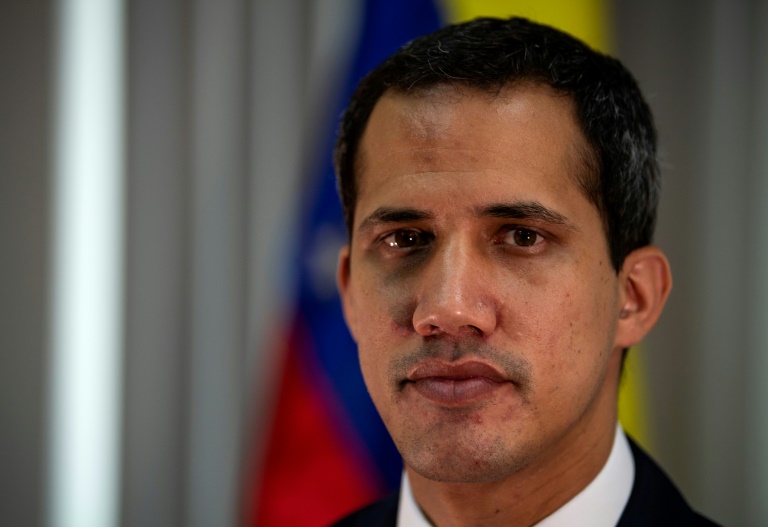Much of the debate that followed Omar Suleiman’s televised interview, where he detailed the constitutional steps required for a democratic transition, threatens to empty the Egyptian uprising of its content and reduce the scope of political change it has demanded. Suleiman’s statements on Thursday suggest that his proposed changes would include only limited guarantees governing presidential nominations and term limits. These may also extend to ensuring fair elections, but they would change nothing with regards to the president’s unlimited powers.
Treating the constitution as sacred at this time is misguided. Surely, the constitution is not meaningless; many institutions function, even if superficially, according to this document. What’s missing from the current debate however is an honest discussion about the fact that the constitution exists in a wider context where a state of exception prevails and the exercise of political power often trumps the rule of law.
To what extent can we consider the current Egyptian state constitutional? With brief exceptions Egypt has been under a permanent state of emergency since the 1952 Free Officers revolt. This state of emergency is founded on the assumption that confronting exceptional circumstances requires extraordinary measures that trump rights and obligations. It naturally obstructs basic freedoms.
Moreover, the Egyptian constitution itself is a textual expression of this constant state of emergency. The Free Officers’ regime adopted its first constitution in 1956 through a referendum held under the directives of the new Revolutionary Command Council. Subsequent Egyptian constitutions added little to this initial document, except for legitimizing the president’s unlimited powers and granting him authority to rule under a de facto state of emergency, regardless of whether it is was officially declared or not.
When slogans like “constitutional legitimacy” were raised during the eras of Sadat and Mubarak, legal and constitutional discussions were taken more seriously and had an impact on the regime’s policies. This gave the impression that the regime had become more constitutional, but this was not the case. The state of emergency remains the regime’s foundation, not only in the sense that it has been in place for most of the post-revolutionary period, but also because it is used as a reference for all security measures to control politics, media and local elections. The state of emergency has also been used to control all state institutions through the presence of the state security police. These measures are not violations of the constitution; they are an expression of its very spirit, starting from the way it is formulated to the way to it has been enacted.
Egypt’s state of emergency is not simply an article within a larger constitutional framework. On the contrary, the constitution is but a single article in Egypt’s permanent state of emergency. The constitution must be seen in this context. For example, when the Egyptian armed forces participated in the liberation of Kuwait, this decision was not presented to parliament as is constitutionally mandated. Instead, the speaker of parliament made a statement on national radio to the effect that this article did not apply to the situation at hand. All members of parliament at the time agreed with no reservations.
It is not my intention to suggest that constitutional changes are meaningless or that the constitution itself is unimporant and simply a façade. Constitutionally-mandated changes can be quite meaningful but only if they go beyond piecemeal reforms and solve the core problems of our political structure.
The pro-democracy movement should accept nothing less than such a fundamental change. The Egyptian state has become addicted to using constitutional makeovers to get itself out of political problems. We must be cautious of such maneuvers particularly as Egypt moves towards a transitional period and an interim political arrangement is established. I cannot offer any legal opinions that would help bring about a comprehensive solution; I can only caution that when seen in historical perspective, the constitution should not be treated as a “sacred” text. Our task is to go beyond the constitution, not worship it. Any retreat from such a position means effectively supporting the current regime in enacting as few democratic demands as possible.
Given the absence of clear organization on the part of those who participate in the great January 2011 uprising, it is natural for the democratic transition to go through gradual steps. It’s also natural that democratic change be enacted through reforms within the existing power structure (all sides, for instance, have relied on the army in one way or another). But this does not mean abandoning the general goal of effecting fundamental change in the nature of political legitimacy.
Perhaps it is necessary for some elements of the old regime to play an active role in the transition. If so, this must take place within the framework of a transitional period that seeks to replace or severely weaken the state of emergency as a foundation for the regime.
It’s possible that the uprising may reject a coupling of power between old and new political forces, because it is an uprising that has staunchly rejected the past. Additionally, it’s not an uprising that is centralized, nor has it produced an organized power capable of rebuilding the state. But this does not mean the gains of the revolt should be limited to reforms such as more freedom of expression or assembly. Moving ahead, democratic forces on and off the street must work to build institutions to protect democracy, including the establishment of independent organizations, unions and political parties. All the entities that were formed by way of repressive laws must be abolished. The biggest guarantee for this is the abolition of the state of emergency or at least limiting it to unstable areas in the country and ensuring strong civilian cooperation.
Protecting the uprising and the spirit of freedom that it has brought about is the only real guarantee to meaningful constitutional reforms. Regardless of its political, ideological, and organizational problems, the spirit and sacrifices of the uprising are the primary foundation upon which it is possible to enact democratic change. Long live the Egyptian uprising.
Sherif Younis is a lecturer of Egyptian and European modern history at Helwan University, and a professional translator. He is a member of the edirotial collective of el-Bosla magazine.




